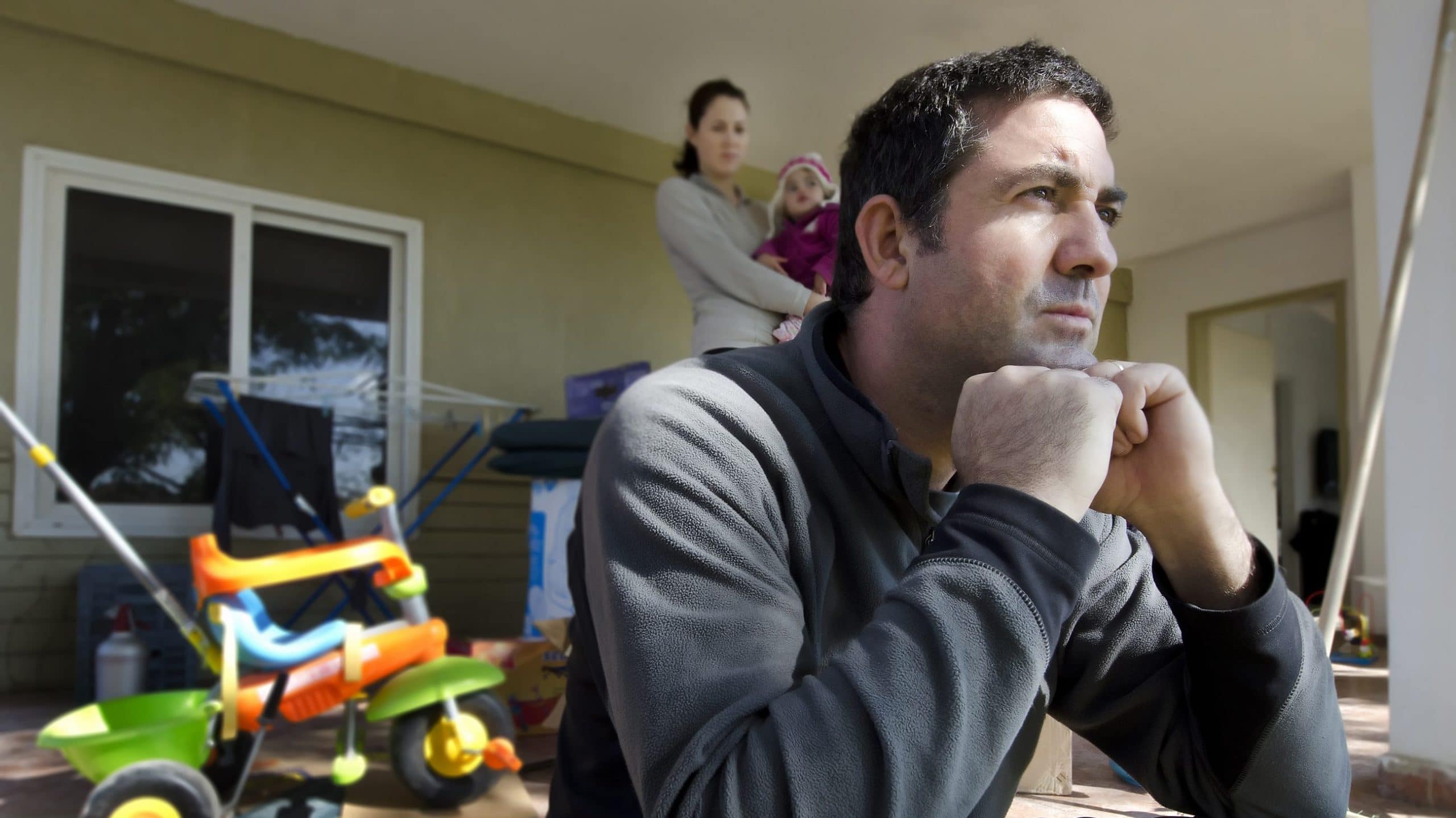
By Chris Shearer
30 November 2021
TOUGH months are coming for many vulnerable workers but the long-term effect of the pandemic on their financial health will be significant for many, according to Brotherhood of St Laurence experts.
BSL’s ANZ Tony Nicholson Fellow Emily Porter said there would be long-term implications of the pandemic for many low-income earners, who often got through the crisis by drawing on superannuation.
Dr Porter said her research showed that despite the federal government’s COVID-19 supplement a significant number of low-income earners either took on more debt or completely cleared out their superannuation.
To write the Brotherhood’s recent series ’Financial wellbeing during the COVID-19 crisis’, Dr Porter and a colleague analysed data drawn from ANZ and Roy Morgan’s financial well-being indicator, comparing a two-year period before the pandemic to a twelve-month period beginning in March 2020.
The reports broadly found that low and insecure income earners were struggling, particularly after the federal government’s COVID-19 supplement was wound back in September 2020.
Dr Porter said and insecure low-income earners had faced the biggest hit to their income during the pandemic, which was likely happening again now. She said the number of people struggling was probably also higher, as there had been much less support during the latest lockdowns.
“It’s important to note that these groups weren’t doing particularly well before the pandemic,” she said.
“Interestingly … we actually saw their financial well-being improved during the peak of the crisis when everyone else’s was deteriorating, which showed how far behind the rest of Australia they were to start with.”
Dr Porter said that while the Brotherhood didn’t have access to the most up-to-date data around the recent lockdowns, the findings from the financial wellbeing series allowed them to assume some similar trends.
Anecdotally, she added, the Brotherhood had heard of many more people having to take on debt to pay for daily necessities.
“A lot of people were really financially bruised from the first round of lockdowns and then faced even harder lockdowns this year,” she said.
“You’ve got a lot of people who are going to be exiting these lockdowns in a very precarious position and struggling to crawl back to where they were.”
Dr Porter said there needed to be greater national conversations about raising the inadequate social security system, and increasingly insecure work coupled with stagnant wage growth.
“There’s a lot that we can do, but it involves government playing a different role and seeing that it can play a role in protecting people from the risks of the market, and protecting people in really uncertain times,” she said.
“We need a society that actually invests to protect people from risks, rather than leaving people exposed to it.”
Dr Porter’s co-author on the ‘Financial wellbeing during COVID-19’ series, Dr Dina Bowman, will be hosting an online panel discussing the lessons from the series on 7 December, 12-1pm. To book, visit bit.ly/3o0TLhL.







